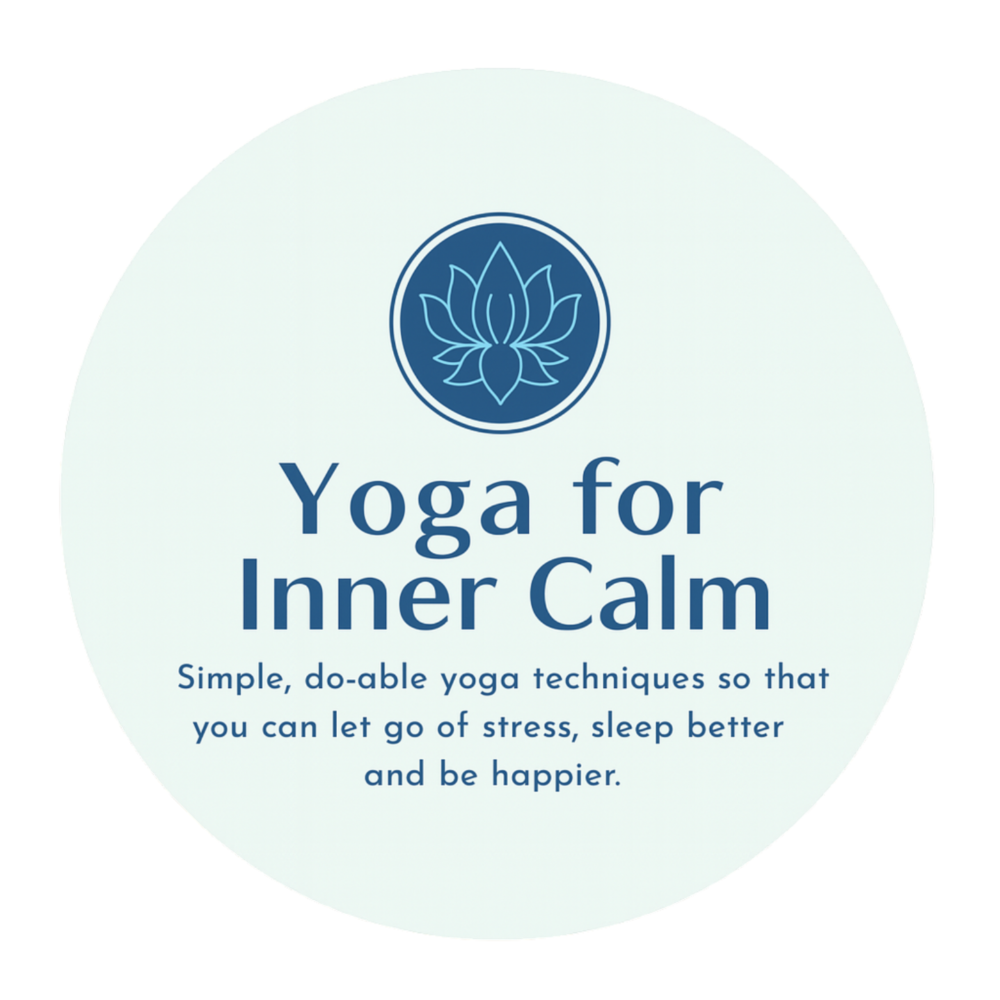Why Wine Feels Like It Helps with Stress — But Actually Increases Anxiety

It’s been a long, stressful day.
You’re wired, frazzled, and just want to switch off. For many women, especially in midlife, that’s when the wine bottle comes out.
It’s so common — and completely understandable. After all, that first glass can feel soothing.
But have you noticed that what seems to help in the moment… often leaves you feeling more anxious or restless later?
There’s a reason for that.
And once you understand what’s happening in your body — and learn what your nervous system really needs — you can start building healthier ways to truly calm your mind.
Why wine feels calming at first
Alcohol directly affects your nervous system.
When you drink wine, it increases the effects of GABA — a calming neurotransmitter in your brain.
GABA slows down nervous system activity, which is why that first glass can make you feel more relaxed, less tense, and momentarily distanced from your worries.
In other words — it’s not your imagination. Wine does feel calming at first.
That’s why so many women turn to wine to cope with stress, overwhelm, or the emotional load of everyday life.
But here’s what happens next…
As the alcohol wears off, your body works hard to restore balance.
Stress hormones like cortisol can spike — this is called a rebound effect.
You might notice:
✅ Waking up at 2 or 3am feeling restless
✅ Increased anxiety the next day
✅ Racing thoughts or irritability
✅ “Wired but tired” feeling — exhausted but unable to truly rest
This is why so many women search for answers like:
"Why does wine make me anxious?"
"Why do I wake up at night after drinking?"
"Alternatives to wine for stress relief."
Over time, this cycle can actually make your nervous system more reactive to stress — meaning that the very thing you’re using to unwind can increase anxiety in the long run.
What your body really needs to calm your nervous system
Your body doesn’t need numbing — it needs regulation.
When you support your nervous system in gentle, natural ways, it learns how to shift into a state of calm.
These practices don’t create a rebound effect — they actually help your body feel safer, more grounded, and more resilient.
5 simple ways to relax without wine
If you’re wondering how to calm your nervous system naturally, here are some powerful alternatives:
🌿 Breathwork (like the Three Sighs Breath)
🌿 Restorative yoga (even poses you can do on your bed!)
🌿 Gentle movement to release tension
🌿 The Put It Down Pause — a mindful moment to interrupt stress patterns
🌿 Rituals like a soothing Cup of Calm or personal mantra
These tools are simple, accessible, and work with your body — not against it.
Want more? Grab my free guide
I’ve put together a free resource for you:
👉 5 Alternatives to Wine When You’re Stressed (That Actually Work)
Inside, you’ll find simple, science-backed tools to help you calm your nervous system naturally — no guilt, no hangover, no pressure.
You can download your free copy here: [LINK]
A kinder path to calm
There is absolutely no shame in having used wine to cope — it’s a very human response.
But when you start giving your body what it truly needs — breath, movement, rest, nervous system support — the whole picture shifts.
You sleep better.
You feel steadier.
You build resilience.
And over time, those old habits can gently lose their grip.
That’s what my Yoga for Inner Calm course is all about — helping you create your personal toolbox for a calmer life.
If this resonates with you, I invite you to start with the free guide. It’s a beautiful first step. 🌿
With care,
Maz

